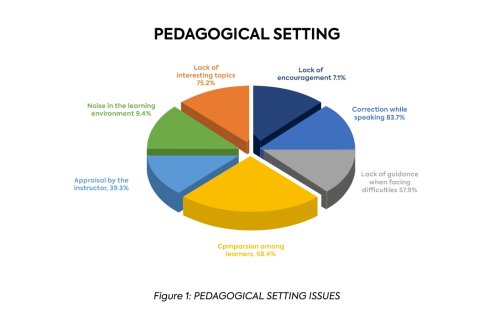
Did you know that your English skills could make or break your company's global success? A fascinating study from Japan shows just how important English proficiency is when businesses try to expand internationally. Let's dive into some eye-opening findings!
The Power of Perception
1. Confidence Matters: People who thought they were good at English were more excited about their company going global. It wasn't just about being actually good at English - it was about feeling confident in using it.
2. Numbers Tell the Story
- Employees who felt good about their English skills were 15% more enthusiastic about their company's global plans.
- These same employees also felt 11% more duty-bound to help their company expand internationally.
3. Different Types of Support: The study looked at three ways employees might support globalization:
a) Emotional support: Believing it's a good idea
b) Feeling obligated: Thinking they should help because it's the right thing to do
c) Feeling no choice: Supporting it because they feel they have to
4. English Skills and Emotional Support: Employees who thought their English was good were more likely to emotionally support globalization. They believed it was a good strategy for their company.
5. English Skills and Feeling Obligated: Workers confident in their English also felt more duty-bound to help with globalization. They thought it would be wrong not to support these efforts.
6. No Impact on Feeling Forced: Interestingly, how good people thought their English was didn't affect whether they felt forced to support globalization.
7. Why This Matters: Companies looking to expand globally might want to focus on boosting their employees' confidence in using English. This could lead to more support for international growth plans.
Remember, this study was done in Japan, where English is a foreign language for most people. The results show that helping employees feel more confident in their English skills could be a key part of successful global expansion.
What This Means for You
Even if you're not planning to work abroad, strong English skills can make you a more valuable employee as your company grows. You'll be seen as someone who can help the business succeed internationally.
Companies Care About Language Skills
The study also looked at how companies support language learning. Turns out, it makes a big difference! When firms offered language training and made English skills part of promotion criteria:
- Employee support for globalization increased by 26%
- Employees felt 17% more obligated to contribute to global expansion
- Even those hesitant about change were 19% more likely to get on board
A quote from the researchers sums it up nicely:
"HR practices that promote learning a language will be positively related to the commitment of the employees to the globalization of their firm."
The Confidence Factor
One study found something really interesting about how company language support affects different employees. It turns out that this support matters most for workers who aren't very confident in their English skills. Here's what the researchers discovered:
Key Findings:
- When companies offered language training and made English important for promotions, it had a bigger positive effect on employees who didn't feel great about their English.
- For feeling emotionally invested in the company's global plans:
- Employees with lower English confidence: Company support had a strong positive effect
- Employees with higher English confidence: Company support still helped, but not as much
- For feeling obligated to support the company's global efforts:
- Employees with lower English confidence: Company support had a stronger effect
- Employees with higher English confidence: Company support helped, but less dramatically
Why This Matters:
- Feeling Overwhelmed: Employees who struggle with English might feel stressed about using it at work. Company support helps ease this stress.
- Valuing Help: Those who aren't confident in English are more likely to really appreciate language training.
- Giving Back: Employees who get help with their English might feel more motivated to support the company's global plans as a way of saying "thank you."
- Reducing Worry: Language training can make less confident English speakers feel more comfortable with globalization.
In the words of the researchers:
"Language training programs are more effective and appreciated by employees who think their English isn't very good, compared to those who are already confident."
This finding suggests that companies can get the best results by focusing their language support on employees who currently don't feel great about their English skills. It's not just about improving language abilities, but also about building confidence and showing employees that the company cares about their development.
What You Can Do
Whether you're a student or already in the workforce, this research shows that improving your English can open doors. It's not just about grammar and vocabulary - it's about feeling confident using the language in a business setting.
Ready to boost your English skills and become a global asset? Our team offers specialized language training for students and professionals. We can help you build the confidence and abilities you need to thrive in an international business world.
Contact us today to learn how we can tailor a program to your goals!




